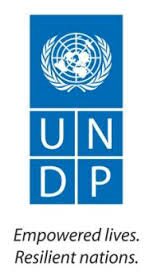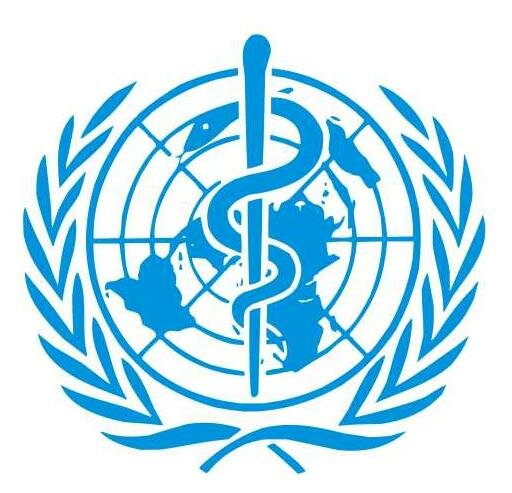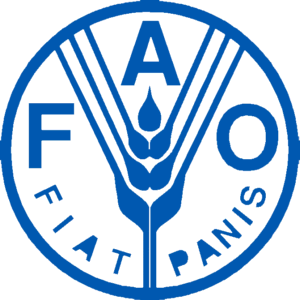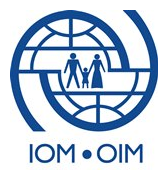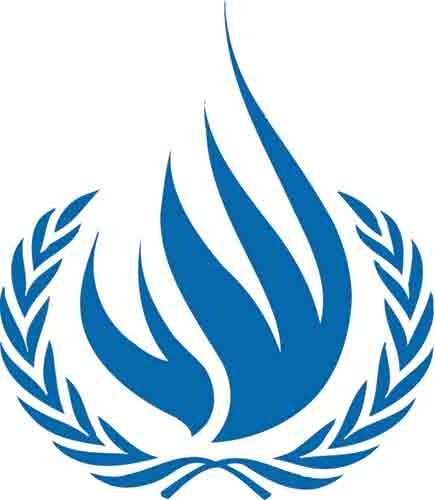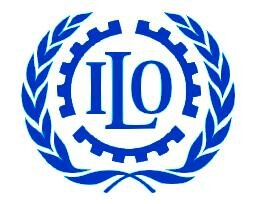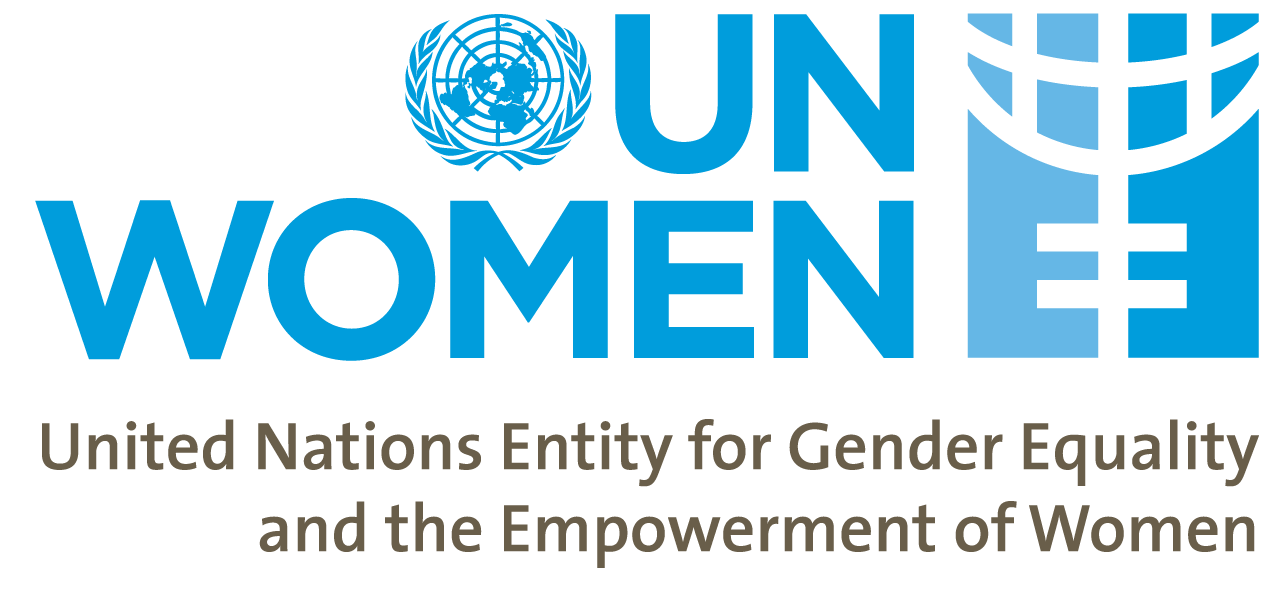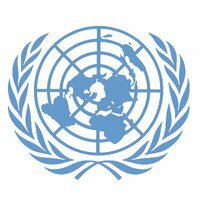UNFPA Back
UNFPA, the United Nations Population Fund, is an international development agency that promotes the right of every woman, man and child to enjoy a life of health and equal opportunity. UNFPA supports countries in using population data for policies and programmes to reduce poverty and to ensure that every pregnancy is wanted, every birth is safe, every young person is free of HIV/AIDS, and that every girl and woman is treated with dignity and respect.
UNFPA established its full-fledged country office in Georgia in 1999 and expanded its operations by funding programmes and independent projects focussed on Reproductive Health.
UNFPA, whose central objective is to address the reproductive health concerns of the population, began rendering assistance to Georgia in 1993 with a contraceptives distribution project.
UNFPA’s activities and programmes are country-specific and tailored to meet Georgia’s needs in the area of reproductive health, population and development and gender through addressing topical aspects ranging from the quality and accessibility of reproductive health services to gender equality and the availability of quality data for development.
UNFPA supports the Georgian government in the implementation of the ICPD Programme of Action and Millennium Development Goals, which lay the foundation for improved reproductive health, poverty reduction and the economic empowerment of the population.
UNFPA’s Country Office in Tbilisi provides assistance to Georgia through supporting programmes in the field of reproductive health and rights, population and development and gender.
Priority Areas
UNFPA’s first country programme for Georgia was developed in consultation with key UNFPA stakeholders and is based on the basic principles of human rights, gender equalityand on the goals and objectives of the ICPD PoA.
The goal of the UNFPA First Country Programme is to contribute to improving the quality of life of the people of Georgia.
The programme has three core components: reproductive health,population and development and gender.
Reproductive health is a universal right and key to laying the foundations for healthier future generations. In its effort to promote and protect this right, UNFPA plays a critical role by extending its support and assistance to governments, NGOs, and partners around the world, helping them to achieve the vision laid down in ICPD PoA and MDG. UNFPA aims to enhance quality reproductive health services and to make these services increasingly and equally accessible for the population of Georgia through undertaking a number of interventions and projects.
Population and Sustainable Development is one of UNFPA’s main areas of focus and activity in Georgia. In its current agenda for Georgia, UNFPA helps the government further strengthen its capacity to gather and analyze population data by assisting in the general population census to be held in 2010. UNFPA emphasises gender equality as a key element in its programmes. In its current agenda for Georgia, UNFPA has incorporated a gender component in order to enhance and encourage the participation of various civil society groups, particularly young people, the elderly, and women in the decision-making and monitoring process.
Contact Information:
Head of Agency: Ms. Lela Bakradze
UN House, 9 Eristavi St. Tbilisi, Georgia
Tel.: +995 32 2251126
Fax:+ 995 32 2250271
Webpage: http://www.georgiaunfpa.ge


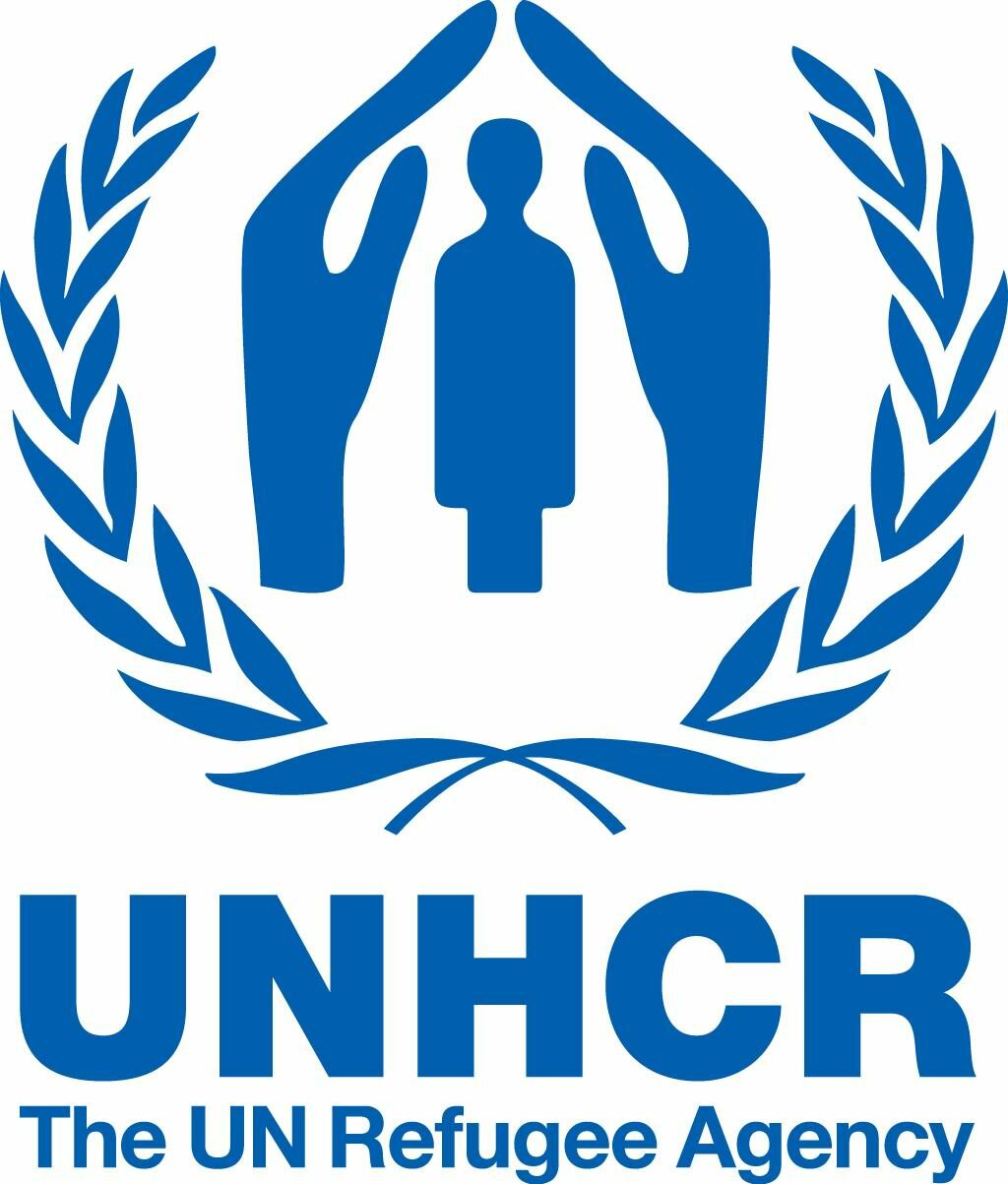
.jpg)

